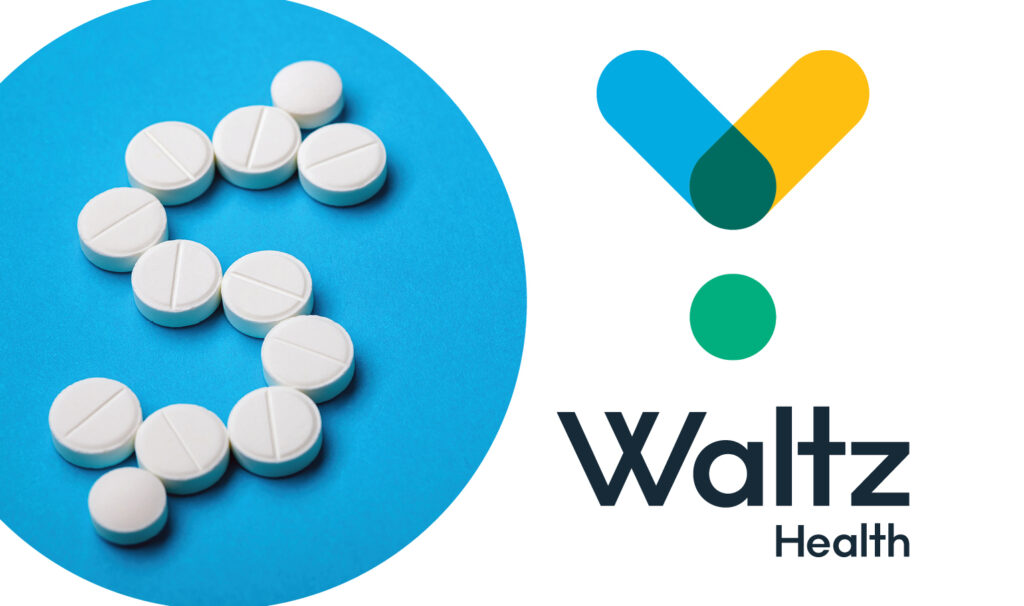News/Blogs
Understanding Specialty Drugs: A Comprehensive Guide

Specialty drugs are transforming healthcare with their ability to treat complex conditions. These high-cost medications are essential for managing chronic and rare diseases. They require special handling and administration, making them unique in the pharmaceutical landscape.
Employers face the challenge of integrating these drugs into their benefit plans. Though these pharmaceuticals make up a small percentage of prescriptions, they account for a significant portion of healthcare spending.
This guide will explore their characteristics, impact, and strategies for optimization.
What Are Specialty Drugs?
Specialty drugs are high-cost medications designed to treat complex, chronic, or rare conditions. They distinguish themselves from traditional medications due to their unique requirements. These drugs often need special handling, administration, or monitoring.
Typically, specialty drugs include biologics and drugs that are injectable, infused, or taken orally. Despite being a small fraction of prescriptions, they account for a substantial share of healthcare expenses. They’re typically more expensive to produce due to the intricate, specific conditions they address.
Conditions commonly treated with specialty drugs include cancer, rheumatoid arthritis, Crohn’s disease, and multiple sclerosis. These medications play a pivotal role in improving patient outcomes and quality of life. The investment in their proper management can yield significant therapeutic benefits.
When healthcare providers, payers, and specialty pharmacies work together, patients receive better care at a lower cost.
What Are Considered Specialty Medications?
Specialty medications encompass a diverse range of drugs catering to specific treatment challenges. They are distinct due to their advanced therapeutic applications and stringent handling prerequisites. These characteristics set them apart from conventional pharmaceuticals.
Typical attributes of specialty medications include high cost, complex production, and limited distribution channels. Their effectiveness often relies on precise adherence to administration protocols, making them critical in specialized care scenarios.
Among the conditions commonly requiring such medications, you’ll find:
- Oncology drugs: for targeted cancer therapies.
- Immunosuppressants: utilized in managing autoimmune diseases.
- Enzyme replacement therapies: for rare genetic disorders.
Additionally, some specialty medications may necessitate genetic or biomarker testing to tailor treatments effectively. This ensures optimal therapeutic outcomes by aligning drugs with individual patient profiles. As a result, these medications serve crucial roles in personalized medicine, addressing unmet needs through specialized interventions. Understanding this classification aids in their efficient management and utilization within healthcare systems.
Key Characteristics of Specialty Drugs
Specialty drugs often share the following characteristics:
- High cost per dose
- Complex manufacturing processes
- Specialized handling and administration
- Unique insurance coverage requirements
The challenge for healthcare practitioners and benefits managers alike is to balance the challenges of specialty drug use with its costs.
Conditions Treated by Specialty Medications
Specialty medications are pivotal in managing complex and chronic conditions. They are designed to address diseases that often lack treatment options through traditional medications. These conditions include some of the most challenging health issues faced today.
Illnesses treated with specialty drugs often require lifelong management and careful monitoring, which is why cost is so important when managing specialty drug treatments. Specialty medications are commonly used in treating:
- Cancer
- Rheumatoid arthritis
- Multiple sclerosis
- Hepatitis C
- Hemophilia
These medications offer hope where conventional treatments fall short. They enable improved quality of life for patients with these serious conditions, providing targeted and effective treatment solutions that have transformed disease management. Understanding their applications can aid administrators in optimizing care protocols and resource allocation.
The Role of Specialty Pharmacies
Specialty pharmacies play a critical role in the healthcare landscape. They ensure the proper distribution and management of specialty drugs. This involves meeting the unique needs of both the drugs and the patients.
These pharmacies offer services that traditional pharmacies may not provide. They work closely with healthcare providers to monitor patient adherence and drug efficacy. This collaboration is essential for achieving optimal health outcomes.
Key functions of specialty pharmacies include:
- Coordinating complex therapies
- Providing patient education and support
- Managing prior authorization processes
- Ensuring proper drug storage and handling
By leveraging specialty pharmacies via the Waltz Connect AI platform, Serve You Rx clients can save money while ensuring access to clinically appropriate and cost-effective specialty medications.
Strategies for Optimizing Specialty Drug Use
Optimizing the use of specialty drugs requires strategic planning and coordination. PBMs must focus on ensuring appropriate utilization to enhance patient outcomes and maximize resource efficiency.
One effective strategy is to implement robust specialty drug management programs. These programs often include the development of protocols and leveraging formularies with priority drugs. Partnering with specialty pharmacies can also be beneficial in managing these complex therapies.
Moreover, leveraging technology can streamline operations. With Waltz Connect, Serve You Rx brings AI technology to our clients. This technology matches each patient with the best specialty pharmacy for their needs. They get access to the most clinically appropriate and financially accessible medication to best fit the needs of the members and plans.
Key optimization strategies include:
- Partnering with specialty pharmacies
- Utilizing technology for efficient management
Improving Patient Outcomes with Specialty Medications
Specialty medications play a pivotal role in enhancing patient outcomes, particularly for those with chronic and complex conditions. By offering targeted therapies, these drugs can significantly improve the quality of life and disease management for patients.
To maximize these benefits, employers should prioritize patient education and adherence. Ensuring that patients understand their treatment regimens and potential side effects can improve compliance and effectiveness. Regular monitoring and follow-up care are also essential to achieve optimal results.
Key practices for improving outcomes include:
- Providing comprehensive patient education
- Ensuring regular follow-up and monitoring
Future Trends in Specialty Drug Management
The field of specialty drug management is rapidly evolving, with several trends set to shape the future. Advancements in technology and personalized medicine continue to lead the way, offering new opportunities for healthcare administrators and benefits managers.
Key trends we’re staying ahead of include:
- Integration of artificial intelligence for drug management
- Development of biosimilars for cost reduction
- The evolving landscape of rebates
These emerging trends promise to enhance efficiency and accessibility in specialty drug management.
For more information, browse the list of specialty drugs curated by Serve You Rx. If you’re looking for a specialty drug benefits solution that works for you and your staff, we’re here to help.
Contact us today to get started.
About Serve You Rx®
Serve You Rx is a full-service pharmacy benefit manager (PBM) with unquestionable flexibility and an unwavering commitment to doing what’s best for its clients. With a fervent focus on those it serves, including insurance brokers, consultants, third-party administrators, and their clients, Serve You Rx delivers exceptional service and tailored, cost-effective benefit solutions. Independent and privately held for nearly 40 years, Serve You Rx can implement new groups in 30 days or less and say “yes” to a wide variety of viable solutions. Known for its adaptability, quality, and client-centricity, Serve You Rx aims to be a benchmark for better client service.



